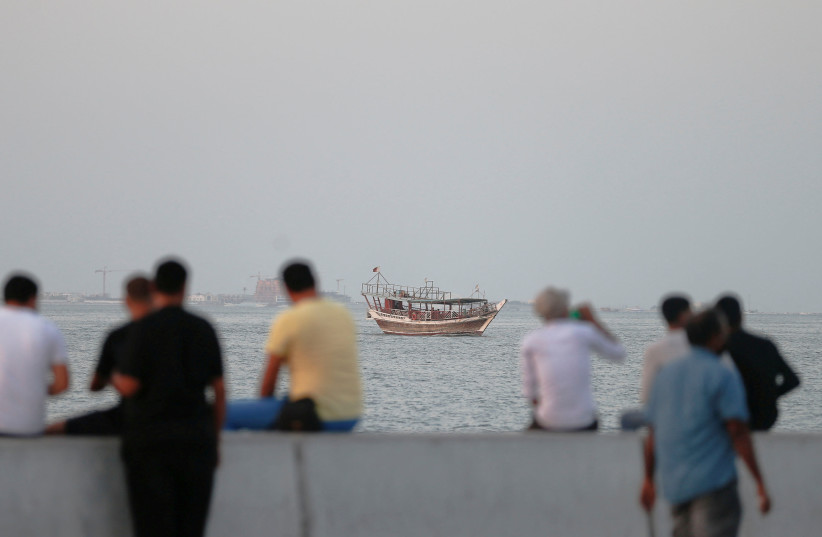International occupational health experts will urge Qatar on Tuesday to establish a heat stress "center of excellence" to influence other Gulf countries to strengthen protections for workers against extreme heat and humidity, two of the experts said.
The experts, in Doha for a conference the International Labor Organization is convening, will call on wealthy gas producer Qatar to build on rules it introduced in 2021, recognized as the most extensive in the Gulf.
Qatar can "disseminate this work, support other countries (and) provide them with a roadmap of how they can address this problem across the Arab region," Andreas Flouris, an associate professor at Greece's University of Thessaly, told Reuters ahead of the meetings.
Extreme Middle Eastern summer heat
Workers in the Gulf are exposed to temperatures in excess of 45 Celsius (113 Fahrenheit), which researchers and NGOs say puts them at risk of heat-related illnesses, traumatic injury and death.
Qatar has said previously it protects workers by prohibiting outdoor work between 10 a.m. and 3:30 p.m. from June 1 until mid-September.

Qatar bans work from more than twice the hours banned in Saudi Arabia, where the majority of the region's construction projects are underway.
Jason Glaser, head of occupational health research organization La Isla Network, said Qatar was "a small use case where we can get it right" and export solutions to larger Gulf countries like Saudi Arabia.
"Qatar has the resources and the brain trust to improve surveillance, improve design, improve implementation ... to ensure it's actually working in the country."
The government media office did not respond to a request for comment.
James Lynch, director of human rights group FairSquare, who was not at the conference, said Qatar's heat stress protections do not go far enough and called on authorities to guarantee workers adequate rest time and effectively investigate the worker deaths, many of which go unexplained.
